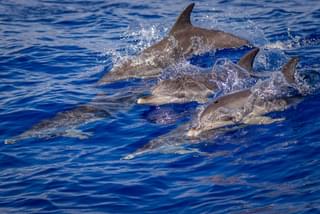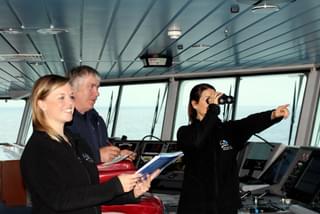PDF 18.14MB
The State of Cetaceans
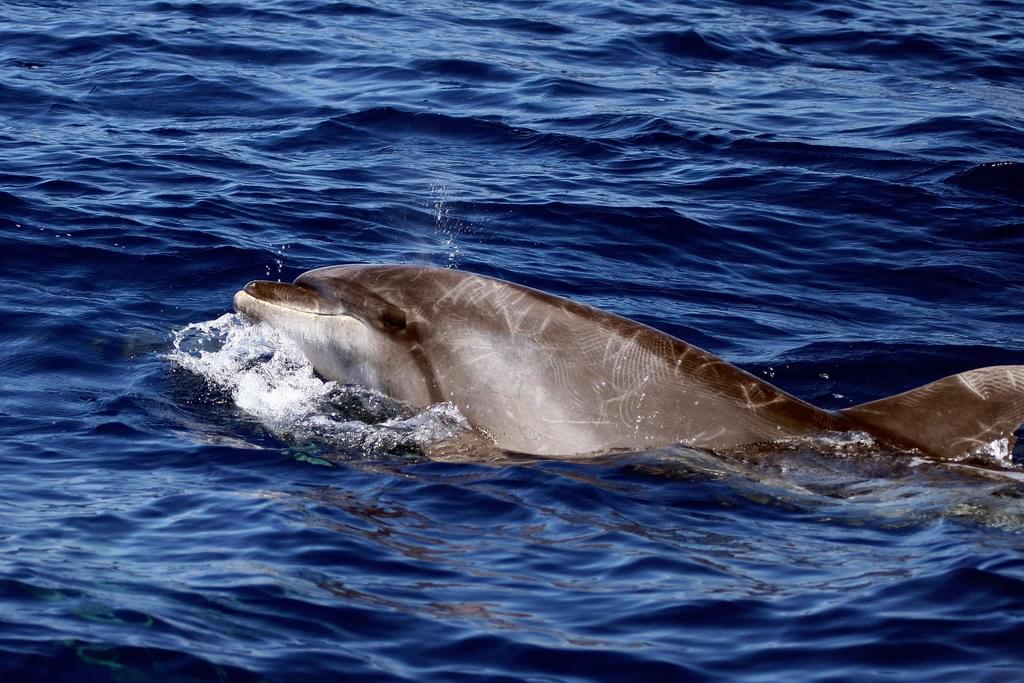
In September 2025, we published our 8th State of Cetaceans report.
At a time when the health of our planet’s oceans is under immense pressure, understanding the lives of the whales, dolphins and porpoises that inhabit them has never been more important - or more urgent. These extraordinary animals are not just charismatic icons of the wild, but vital indicators of ocean health. They live in every ocean on Earth, often far from human view, yet they are increasingly exposed to the cumulative impact of human activities - from climate change to overfishing, noise pollution to vessel strikes.
With our surveys expanding globally, we are gaining even greater insight about marine mammal populations in more diverse and remote parts of the ocean. Our work on vessel strikes and wider threats to cetaceans and their habitats has moved onto an international stage, and so our report now reflects this increasing global dimension to our work.
The State of Cetaceans 2025
The latest report in our State of Cetaceans series gives a tantalising glimpse into the world beneath the waves, exploring data collected on vessels of all types and picking out some of the important things we can learn about whales and dolphins from these platforms of opportunity.
The report draws from almost two decades of dedicated monitoring - a staggering 1.6 million kilometres of survey effort - to track changes in cetacean populations, movements and habitats. It is our largest and most comprehensive snapshot to date of how whales and dolphins are faring in our increasingly industrialised oceans.
Crucially, none of this work would be possible without the dedication of ORCA’s vast and growing network of citizen scientists. These passionate volunteers - trained and supported by ORCA - have taken to ferries and cruise ships across the globe to gather scientific data that is now helping to shape marine conservation policy at national and international levels. This report is a celebration of that effort, and a testament to what can be achieved when people come together with a shared purpose.
Report Overview
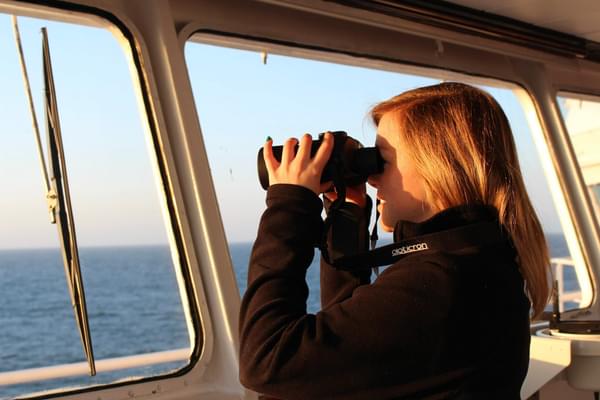
51,514 individual animals were recorded
In 2024 a total of 377,613km were travelled, with citizen scientists spending more than 13,000 hours actively searching for whales and dolphins - that’s one and a half years of effort! An incredible 51,514 individual animals were recorded from 46 different cetacean species
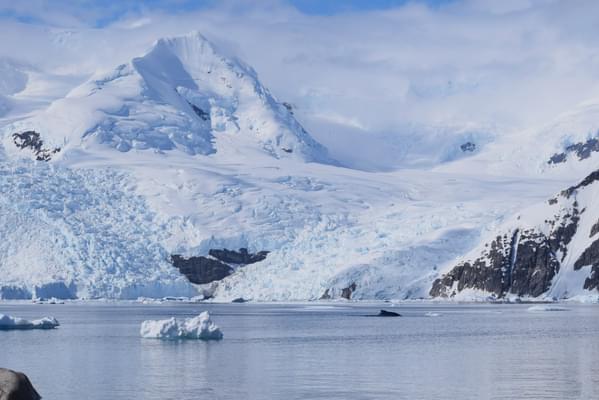
All oceans were surveyed by ORCA in 2024
The geographical scope of ORCA’s work has expanded from the Northeast Atlantic Ocean to cover all of the world’s oceans including the Southern Ocean, Arctic Ocean and Pacific Ocean, which are now monitored regularly
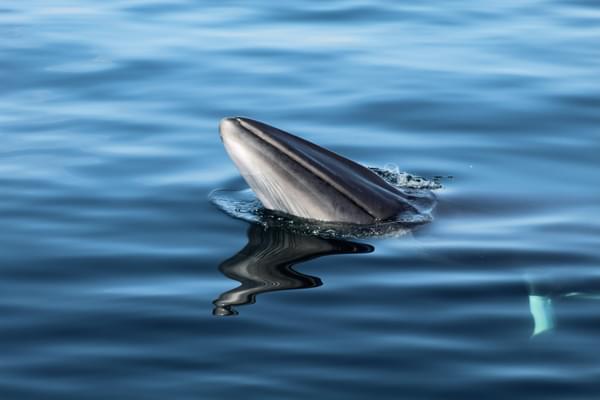
Population estimates for five commonly seen species around the UK
Our long time series has enabled population estimates for five commonly seen species around the UK, harbour porpoise, bottlenose dolphin, common dolphin, white-beaked dolphin and minke whale. Re-emphasising the importance of citizen science to complement the once-every-decade large-scale surveys
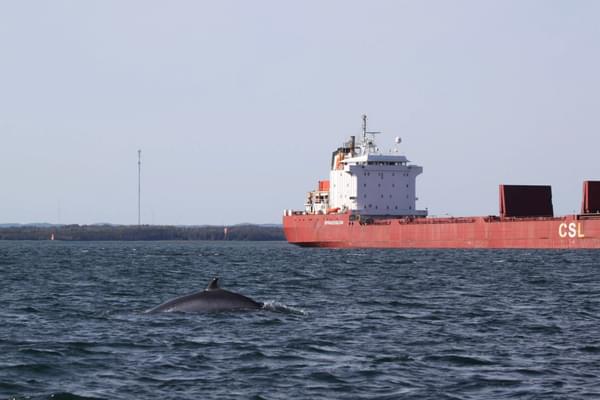
Saving large whales from vessel strike
With an ever increasing risk of ship collisions threatening whales in the world’s oceans, our work around whale vessel strikes has expanded significantly in recent years. Long-term collaborations with key shipping partners have enabled us to explore the fundamental and vital question of how whales and ships interact during a close encounter, and over a thousand seafarers have undergone ORCA vessel strike mitigation training

Thank you ORCA...
ORCA continues to play a critical role - quietly and unassumingly - in efforts to care for whales, dolphins and porpoises in European waters.
I still marvel at the way it so successfully relies on an outstanding and tireless army of trained volunteers: people, from all walks of life and of all ages, who give their time to make a real difference. Quite simply, they get the job done. The world would certainly be a poorer place without them.
Mark Carwardine Marine Wildlife Expert, Photographer and ORCA Patron
Download your copy
PDF 7.79MB
PDF 4.77MB
PDF 3.88MB
PDF 7.39MB
PDF 7.72MB
PDF 5.7MB
PDF 7.71MB
You may also be interested in


